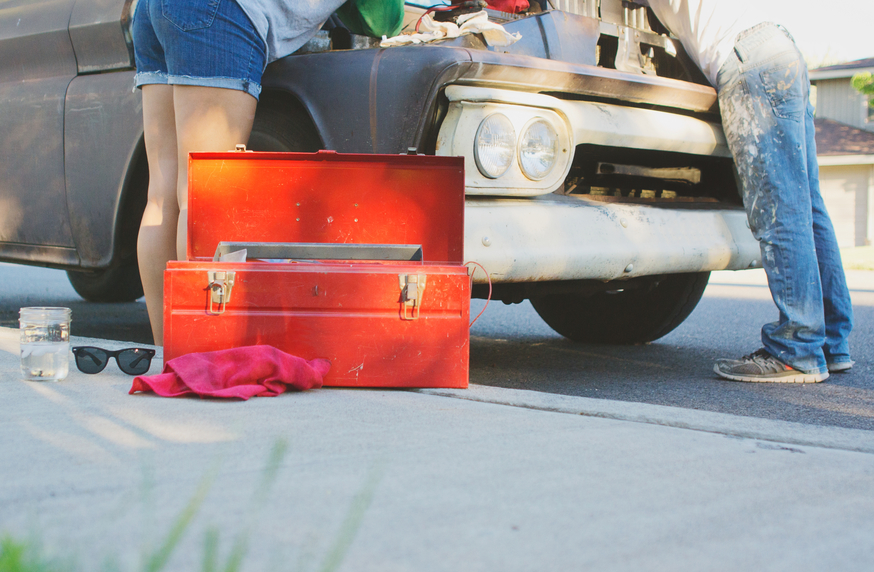
March 24, 2017 Why you need an emergency fund
In life, rainy days are bound to happen.
Unexpected bills, mechanical dramas with the car – you name it – they’re inevitable.
Often, they can feel like a bit of a financial sucker punch.
If you haven’t got one, consider setting up an emergency fund.
Make sure it’s separate to your primary savings. It should solely be for unplanned expenses, not planned ones. Car rego, for example, wouldn’t fall into the ‘emergency’ category. If you have a mortgage, an emergency fund is the perfect offset to your loan.
And here’s the perfect case in point.
We recently had a leak in our bathroom, which, against my better judgement, I ignored – and for quite a while, mind you. It wasn’t until the tiles started falling off that I thought to myself, I actually better do something about it. Low and behold, if I’d got onto it earlier, it would have cost me under $1,000. In the end, though, it was $2K. Lesson learned!
Recently, a client of ours had to replace both their air-con and stove in the same month. The bill? A whopping $10K. I know!
Why you need an emergency fund
Sure, unexpected, short-term problems will spring up, but it’s important to consider the medium to long term.
I guess the question you need to ask yourself is:
What if I was seriously injured or lost my job and, subsequently, my income for, say, four to six months?
How big is too big?
The answer comes down to one simple thing: what are you trying to protect your family against?
If you have a mortgage and say, hypothetically, you’re out of work for six months, you now have a monetary benchmark to work backwards from. From there, it’s a case of working out how much extra you’ll need to put aside, month to month.
You may even need to consider cutting back on a few luxuries to make it happen.
Things to consider about having an emergency fund
Here’s what you’ll need to take into account:
– Are you adequately insured? By that I mean all things health, life and car insurance.
– How manageable is your current debt load?
– Do you have more than one source of income?
– What’s the gap between your earnings and expenses? Your ‘savings’, I mean.
– Do you have access to home equity line of credit, or a tidy sum of capital invested in stocks, that you can draw from, for example?
Speaking subjectively, the way I look at it is that I need to have at least three months worth of expenses in the kitty to cover us for the three months prior to my insurances kicking in if I’m sick or injured.
Getting started
First, the easy way.
Start by forgoing the occasional night out or any larger-ticket entertainment expense. In other words, put aside what you would’ve spent when you were out. And round it up if you can – don’t be too conservative.
Saving aside, your last resort should be to draw on your home loan equity for example, or cash in some shares, and stick around $25K aside specifically for emergency money. (If you can afford to.)
Keeping it going
Once you have a base built up – whichever way you get there – set up an automated transfer of $10, $20 or even $50 each week.
From there, you can begin setting savings milestones along the way.






Why you shouldn’t blow your tax return - Orange Wealth
Posted at 17:07h, 27 September[…] you haven’t got one, it’s well worth sticking money aside to kick-start an emergency fund – again, particularly if you have a […]